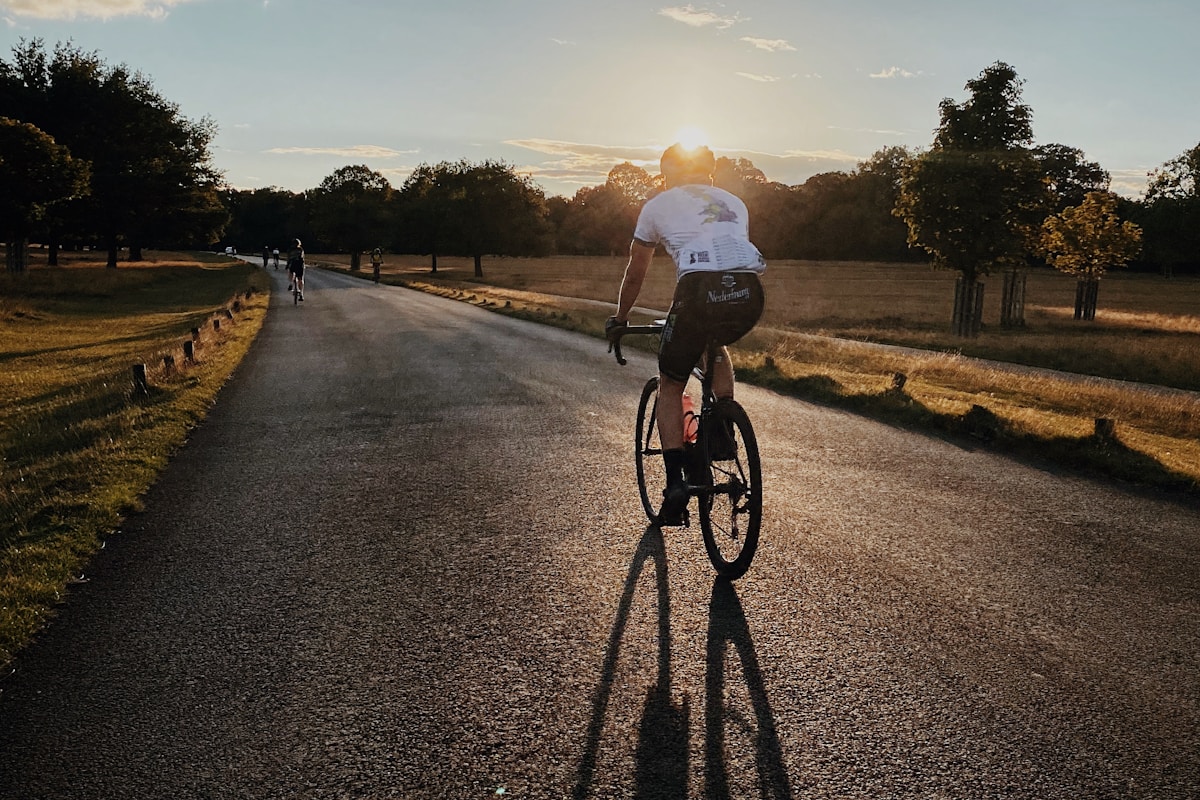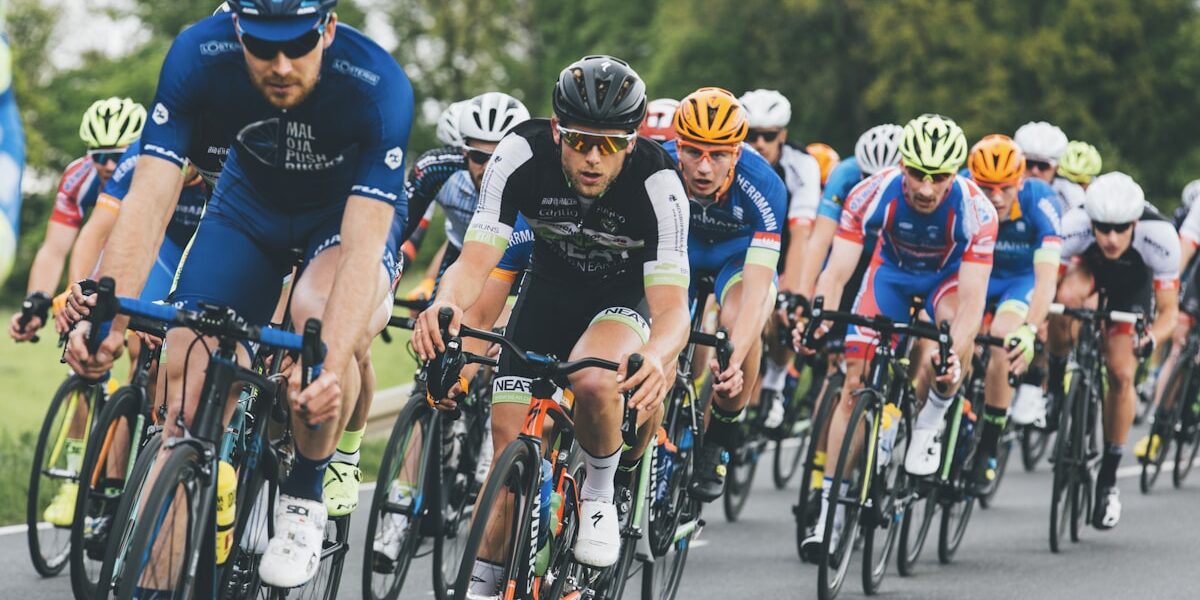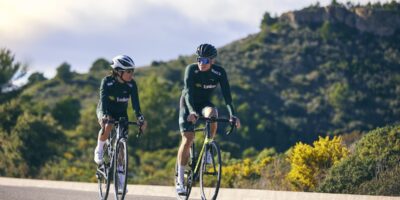Tour de Flanders 2024
Tour de Flanders 2024
The Tour de Flanders is one of the most anticipated cycling races. Set in the picturesque region of Belgium, this one-day event combines history, culture, and physical endurance.

History of the Race
First held in 1913, the Tour de Flanders has evolved into a cornerstone of professional cycling. The race was only paused during the World Wars. Its roots trace back to an era when bicycles had just become a popular mode of transport.
Course Overview
The race spans over 250 kilometers. It is known for its grueling climbs and cobbled sections. Cyclists face the challenge of the steep Koppenberg and the Oude Kwaremont. The final stretch into Oudenaarde often determines the winner.
Key Challenges
- Pavé Sections: The cobblestones are tricky, testing the cyclists’ skill and endurance.
- Weather Conditions: Unpredictable Belgian weather can make or break a race.
- Elevation Changes: Frequent steep climbs require strategic pacing.
Notable Winners
Famous cyclists such as Tom Boonen, Fabian Cancellara, and Peter Sagan have etched their names as winners. Each brought unique strategies and styles to secure their victories. Their stories are often recounted by cycling enthusiasts.
2024 Edition – What to Expect
The 2024 edition of the Tour de Flanders promises to be exciting. The route will revisit classic sections, demanding high stamina from the participants. With technological advancements in biking gear, we might see faster times.
Participants to Watch
- Mathieu van der Poel: A fierce competitor with a strong record in classics.
- Wout van Aert: Known for his versatility and consistent performance.
- Julian Alaphilippe: His attacking style could be a game-changer.
How to Watch
Bicycling fans worldwide can catch the action live. Many sports channels and streaming services offer extensive coverage. Local viewing parties and community gatherings often enhance the experience with shared enthusiasm.
Impact on Local Culture
The Tour de Flanders brings significant attention to the Flanders region. It boosts local tourism and showcases Belgian culture. Traditional foods, local music, and enthusiastic cheering make the event a festive occasion.
Training for the Race
Cyclists undergo rigorous training to prepare. Focus areas include endurance, strength, and technical skills. Training often involves simulations of race conditions to ensure peak performance on the big day.
Sponsorship and Economic Impact
Major brands see the Tour de Flanders as a valuable sponsorship opportunity. The event generates significant economic activity in the region. Hospitality, transportation, and merchandising all see a boost during the race week.
Technological Innovations
Advancements in bike technology have influenced race strategies. Lighter frames, improved gear mechanisms, and enhanced safety features contribute to better performance. Teams invest heavily in research to gain a competitive edge.
Fan Involvement
Fan engagement is crucial for the race’s vibrant atmosphere. Social media interactions and fan zones bring the cycling community together. Fans also have opportunities to interact with cyclists and share their experiences.
Future of the Tour de Flanders
The race shows no signs of slowing down. Organizers continually seek ways to enhance the event. Future editions might feature new routes or increased international participation.
Recommended Cycling Gear
Garmin Edge 1040 GPS Bike Computer – $549.00
Premium GPS with advanced navigation.
Park Tool Bicycle Repair Stand – $259.95
Professional-grade home mechanic stand.
As an Amazon Associate, we earn from qualifying purchases.



Subscribe for Updates
Get the latest articles delivered to your inbox.
We respect your privacy. Unsubscribe anytime.